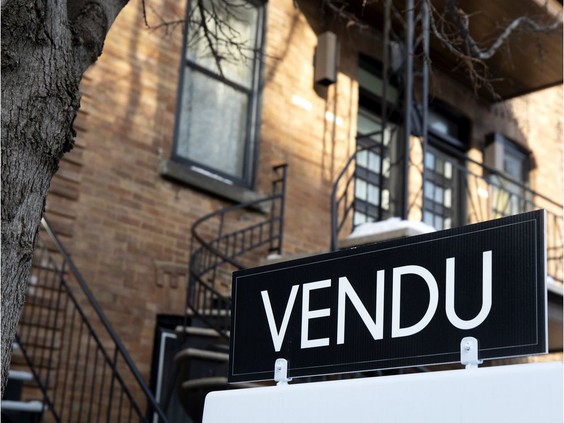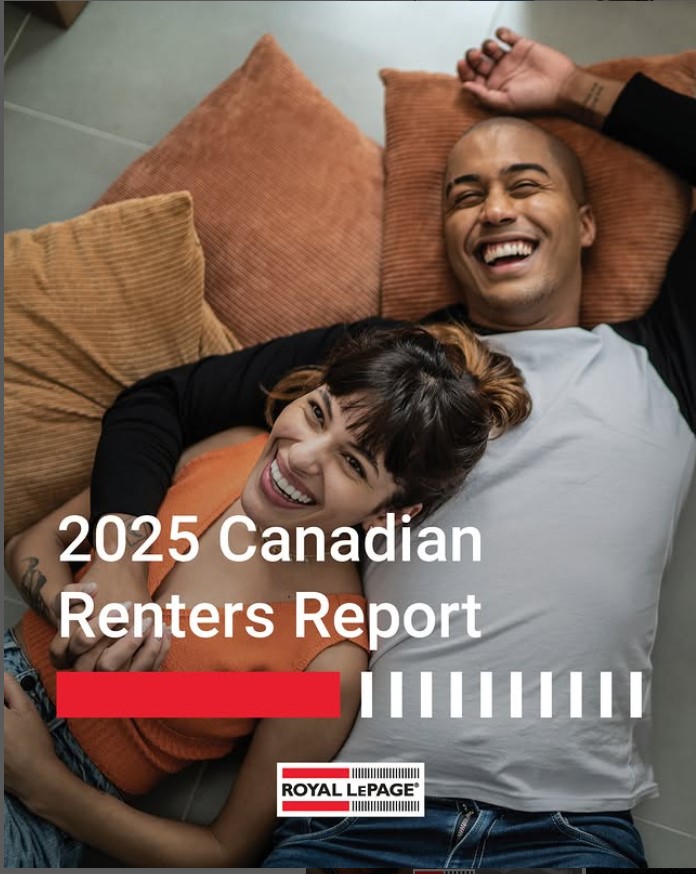
Broker Royal LePage is predicting the aggregate price of a home in Greater Montreal will climb 17.5 per cent to $552,875 by the end of 2021 from a year earlier
Could Montreal’s sizzling residential property market be about to cool off? Broker Royal LePage is predicting the aggregate price of a home in Greater Montreal will climb 17.5 per cent to $552,875 by the end of 2021 from a year earlier, according to a statement issued Wednesday. While that’s the highest forecast across major markets in Canada, it represents a slowdown from the 21.7 per cent advance that Montreal recorded in the second quarter.
Persistently low interest rates, rising household savings and a robust economic recovery have combined to fuel demand for residential real estate across Quebec in the past year amid ever-shrinking supply. Market conditions are changing, however, with Royal LePage now projecting inventory will rebound over the next few quarters, which should start curbing inflation.
“We see the market tapering off,” Georges Gaucher, general manager of Royal LePage Village in Montreal, said in a telephone interview. “Price increases are not going to stop, but they’re going to slow down.”
Increases in the second half will probably be closer to 10 per cent than 20 per cent on a year-over-year basis, Gaucher predicts. For the costlier homes, price drops are possible.
“There are some corrections happening,” he said. “I’ve already seen price reductions on some properties listed at $1 million or more.”
Part of the recent scarcity in Montreal-area houses can be attributed to health-related concerns that emerged during the peak months of the pandemic, according to Gaucher. As Quebec’s vaccination drive gains momentum, those fears are poised to recede, spurring more homeowners to list their properties.
“Many brokers have told me they had clients who did not want to have unvaccinated people trekking through their house, so they decided to wait,” Gaucher said. “This has been a recurring theme.”
Property supply in Montreal may also benefit as scores of baby boomers put their homes on the market to move to smaller population centres. A recent Royal LePage survey of baby boomers found that 35 per cent of baby boomers were considering selling a property in the next five years, “which will free up inventory,” Gaucher said.
“We all thought that baby boomers would sell their mansions and move into condos, but that’s not really happening,” he said.
Demand for houses, meanwhile, may ease as companies and governments prepare to welcome employees back to the office this fall.
“Work from home was one of the elements that fuelled the huge increase in sales,” Gaucher said. “Think of a young couple that lives in Griffintown in a 600-square-foot condo, and they both work from home. If people go back to the office half-time, if they can start travelling again, then the picture changes.”
Montreal-area properties sold for a median price of $514,000 in the second quarter, Royal LePage calculates. Single-family detached houses saw their median price climb to 29.7 per cent to $559,000, while the median price of a condominium advanced 14.1 per cent to $405,000.
Royal LePage calculates aggregate prices by using a weighted average of the median values of all housing types collected. The numbers include both resale and newly built house prices.





